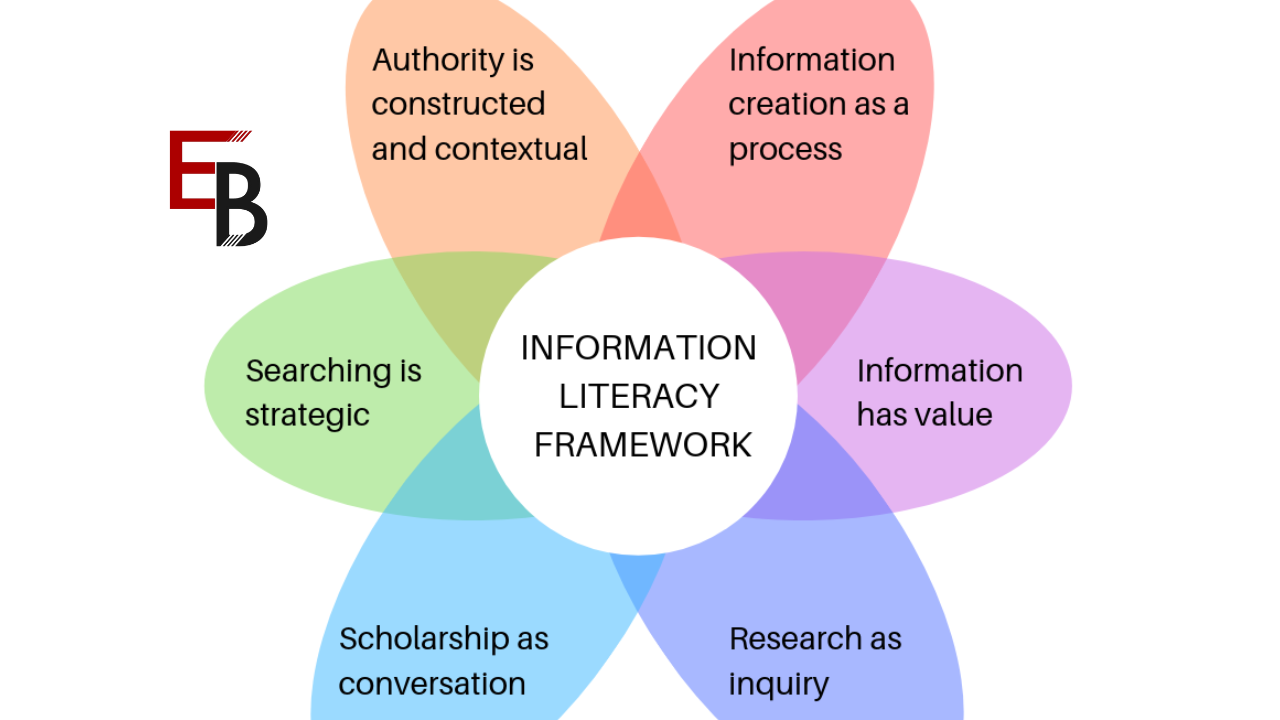Research Made Simple: Information Literacy Techniques that Work

Information is easily accessible at our fingertips in the modern digital world, but sorting through the massive amount of data may be daunting. Professionals, researchers, and students must possess strong information literacy abilities to find, assess, and use information successfully for academic and professional goals. In this post, we’ll look at techniques for becoming information literacy experts and how to use resources like EasyBib to perform research efficiently.
Creating Research Questions:
“Developing precise and targeted research questions to direct your investigation is the initial stage of doing research. Determine the topic or subject area you wish to investigate first, and then come up with a list of targeted questions that will assist you in focusing and pinpointing important areas of interest. To depict links between concepts and hone your research questions until they are precise, concise, and actionable, use tools like mind maps or concept maps,” says Lisa Ockinga, Chief Product Officer at Ling
Evaluating Sources for Credibility and Reliability:
The next stage after developing your research questions is to assess the dependability and credibility of your sources. Since not all sources are created equal, carefully evaluating their reliability, correctness, timeliness, and applicability before using them in your study is crucial. Seek out credible websites, scholarly publications, and peer-reviewed papers authored by subject-matter experts and backed by research with solid proof. To evaluate the quality of sources and decide which ones are best for your research assignment, use EasyBib’s source assessment tools.
Organizing Research Materials with EasyBib:
It can be difficult to keep track of research materials, mainly when a lot of data is involved. Effective management and organization of research materials are made simple with EasyBib’s note-taking and research capabilities. To construct citations for sources accurately in several citation formats, such as MLA, APA, and Chicago, use tools like the bibliography generator. In addition, make use of the note-taking features to jot down important ideas, quotations, and points from your sources. You can then categorize and label these notes for future reference.
READ MORE
In summary:
Gaining proficiency in information literacy is necessary for success in today’s knowledge-driven culture. Students, researchers, and professionals may conduct research confidently and efficiently by developing straightforward research questions, assessing sources for authenticity and dependability, and arranging research materials with tools like EasyBib. Use these tips to improve your information literacy and make the research process more enjoyable and straightforward when you start your next assignment.
